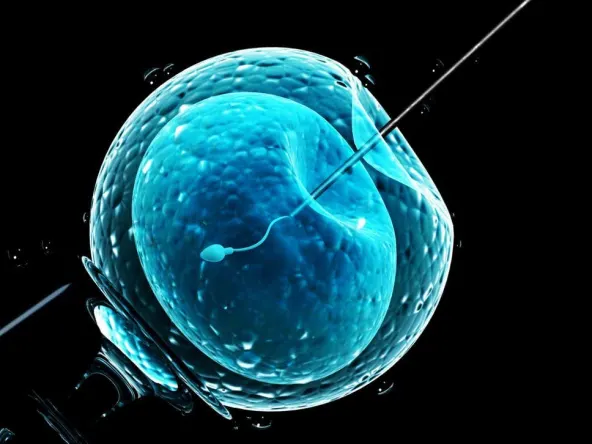HOW ARE HUMAN EGGS / OOCYTES SHIPPED ?
In the realm of assisted reproductive technology, the transportation of human eggs has emerged as a revolutionary method for individuals or couples seeking fertility treatments, donor programs, or scientific research. The question arises: How are human eggs shipped? Let’s explore the meticulous process, complexities, and considerations involved in shipping human eggs.

Cryopreservation of Human Eggs:
Shipping human eggs involves the transport of cryogenically preserved eggs from one location to another. These eggs, obtained through a process called oocyte retrieval, are carefully preserved using cryopreservation techniques, halting their development until they are ready for use.
Oocyte Retrieval and Processing:
Human eggs are typically retrieved through a procedure where mature eggs are extracted from a woman’s ovaries. Following retrieval, the eggs undergo processing to remove surrounding cells and are then cryopreserved using cryoprotectants to prevent damage during freezing.
Cryogenic Storage and Packaging:
Once processed, the cryopreserved eggs are stored in specialized containers filled with liquid nitrogen at extremely low temperatures. These containers are meticulously designed for cryogenic transport, ensuring stability and safeguarding the eggs during shipping.
Safety and Regulatory Compliance:
Ensuring the safety and viability of human eggs during shipping is of utmost importance. Adherence to stringent regulations and guidelines established by regulatory bodies is crucial to maintaining the integrity and quality of the eggs throughout the transportation process.
Logistical Challenges and Considerations:
Shipping human eggs presents logistical challenges, including temperature control, timing, and ensuring secure and swift transportation to the designated destination. Any deviations from the specified conditions could potentially compromise the viability of the eggs.
Ethical and Legal Considerations:
The shipping of human eggs raises ethical considerations related to informed consent, confidentiality, and the responsible use of genetic materials in assisted reproductive procedures. Adherence to ethical guidelines and legal frameworks is imperative throughout the process.
Expert Guidance and Professional Support:
Engaging with experienced and specialized shipping providers such as IVF CRYO (www.IVFCRYO.com) is critical. These professionals possess the necessary expertise in handling and transporting cryopreserved human eggs, ensuring compliance with legal requirements and maintaining optimal conditions for preservation.
Conclusion:
Shipping human eggs is a meticulously planned and intricate process that demands meticulous attention, adherence to protocols, and collaboration with experienced professionals. While it offers opportunities for individuals or couples seeking fertility treatments or participating in donor programs, it requires a deep understanding of legalities, adherence to regulations, and prioritization of safety and ethical considerations.
Before embarking on the shipment of human eggs, seeking guidance from qualified professionals becomes imperative. Understanding the legalities, ethical implications, and ensuring the safety and viability of the process are fundamental in making informed decisions.
In essence, while shipping human eggs presents opportunities for individuals or couples exploring assisted reproductive options, it necessitates a thorough understanding of legal requirements, adherence to regulations, and expert guidance to navigate this delicate and revolutionary process successfully.